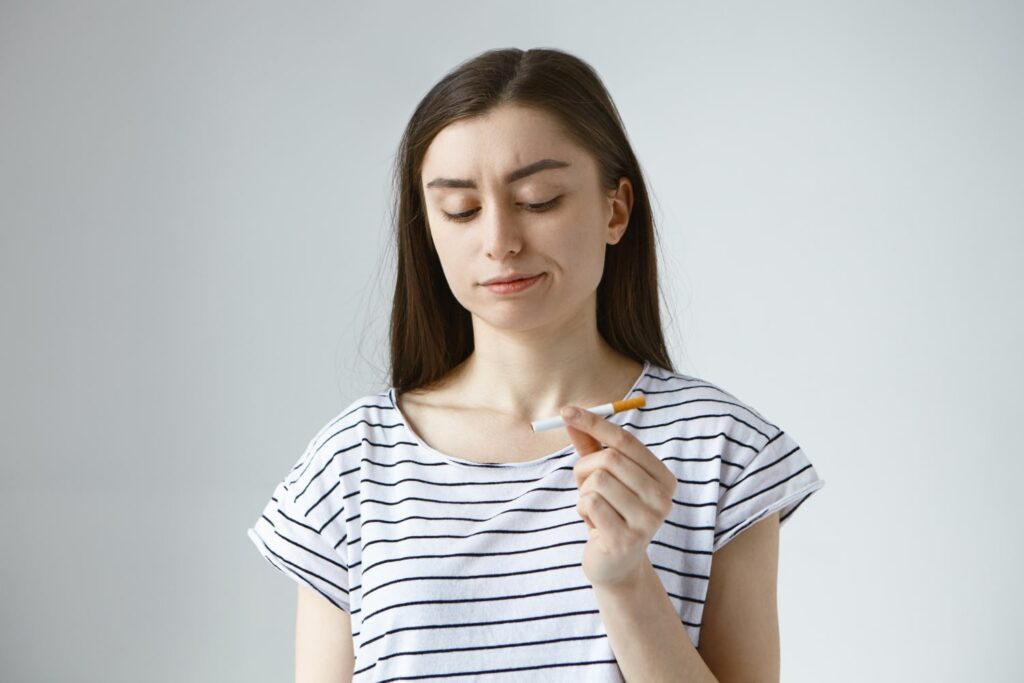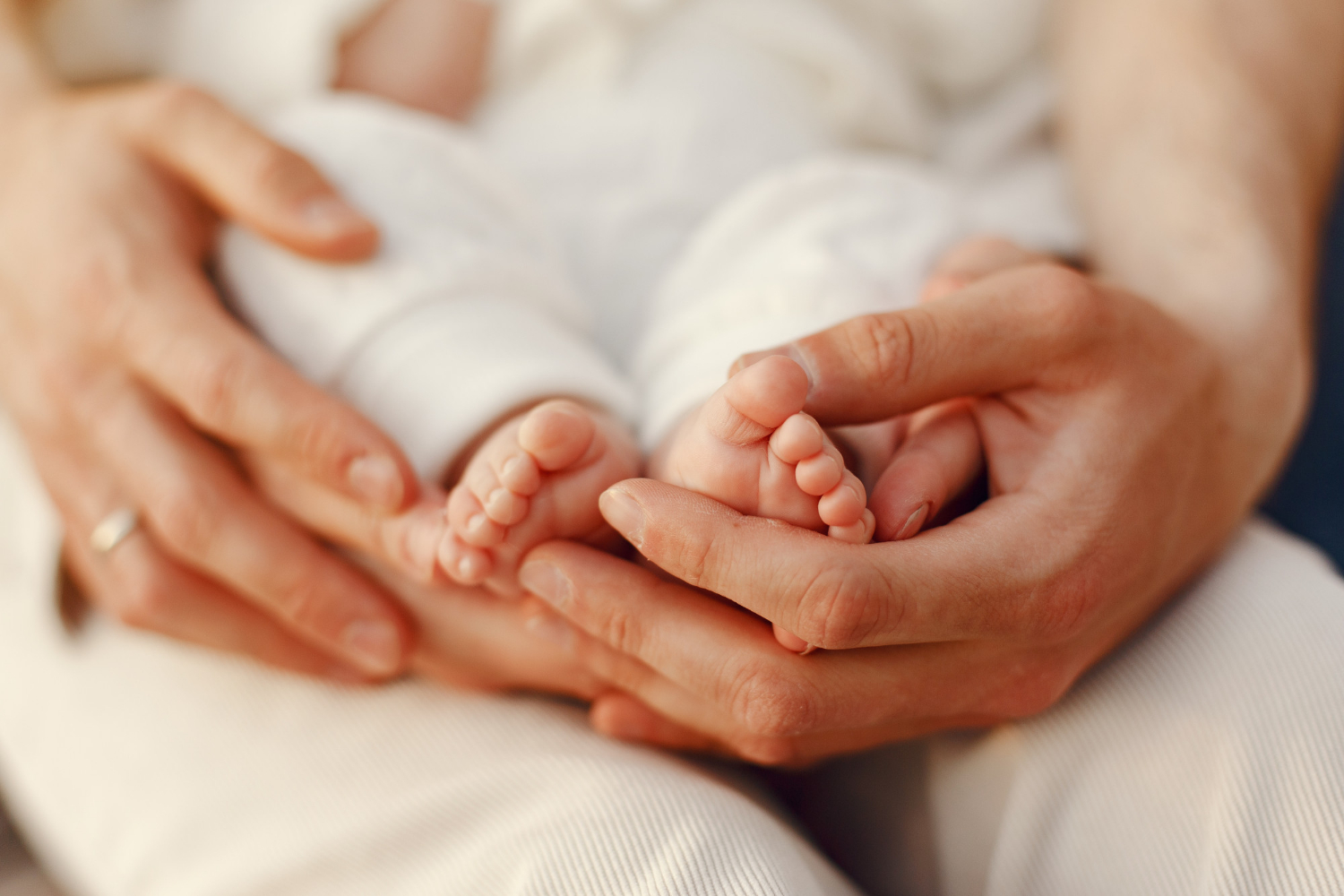
Ensuring Safety and Success
Egg donation is a generous act that enables many individuals and couples to experience the joy of parenthood. However, not everyone is eligible to donate eggs. Panama Fertility prioritizes the safety and success of both donors and recipients by adhering to strict eligibility criteria. This article explores common egg donation disqualifiers and how Panama Fertility ensures a safe and successful egg donation process for Florida patients.
Importance of Screening in Egg Donation
Screening potential egg donors is a critical step to ensure the health and safety of both the donor and the recipient. Comprehensive screenings help identify any factors that could affect the success of the donation process or pose health risks. Panama Fertility employs a rigorous screening process to maintain the highest standards of care and safety.


Common Egg Donation Disqualifiers
Several factors can disqualify an individual from being an egg donor. Understanding these disqualifiers is essential for maintaining the integrity and success of the egg donation process.
Medical Conditions That Disqualify Egg Donors
Certain medical conditions render individuals ineligible to donate eggs to ensure the safety of both the donor and the recipient:
- Reproductive Health Issues: Conditions like polycystic ovary syndrome (PCOS) or endometriosis can impact egg quality and overall fertility.
- Chronic Illnesses: Diseases such as diabetes, hypertension, or autoimmune disorders may pose health risks during the donation process.
- Infectious Diseases: HIV/AIDS, Hepatitis B and C, and other infectious diseases are strict disqualifiers to prevent transmission.
- Cancer History: A history of cancer, especially reproductive cancers, disqualifies potential donors to safeguard their health.
- Genetic Disorders: A family history of genetic disorders may indicate a risk of passing on hereditary conditions.


Lifestyle Factors and Egg Donation Eligibility
Lifestyle choices can significantly impact the eligibility of egg donors:
- Substance Use: Smoking, excessive alcohol consumption, or drug use can disqualify potential donors due to their detrimental effects on egg quality and overall health.
- Body Mass Index (BMI): Extreme underweight or overweight conditions can affect fertility and donor suitability.
Age: Typically, donors must be between 21 and 34 years old to ensure optimal egg quality and fertility.
Psychological and Emotional Considerations
Egg donation requires emotional stability and psychological readiness. Potential donors undergo assessments to ensure they can handle the emotional aspects of donation, including:
- Understanding the Process: Clear comprehension of the egg donation procedure and its implications.
- Emotional Readiness: Ability to cope with the physical and emotional demands of egg retrieval.
Support Systems: Access to a reliable support network to provide emotional assistance throughout the donation process.


How Panama Fertility Ensures Safe and Successful Egg Donation
Panama Fertility is committed to upholding the highest standards of safety and success in egg donation through:
- Comprehensive Medical Screening: Detailed health assessments to identify any disqualifiers and ensure donor suitability.
- Genetic Testing: Advanced genetic screenings to prevent the transmission of hereditary disorders.
- Lifestyle Assessments: Evaluations of lifestyle factors that could impact egg quality and donation success.
- Psychological Evaluations: Ensuring donors are emotionally prepared and supported throughout the process.
- Expert Medical Team: Skilled fertility specialists and support staff dedicated to maintaining donor and recipient health.
These measures ensure that egg donation at Panama Fertility is safe, ethical, and successful for all parties involved.
Steps to Become an Egg Donor at Panama Fertility
For Florida residents interested in becoming egg donors, the process at Panama Fertility is streamlined and supportive:
- Initial Inquiry: Contact Panama Fertility to express your interest in egg donation.
- Pre-Screening Questionnaire: Complete a detailed questionnaire to assess basic eligibility.
- Medical Evaluation: Undergo comprehensive medical tests, including blood work and genetic screenings.
- Lifestyle Assessment: Provide information about your lifestyle to evaluate donor suitability.
- Psychological Evaluation: Participate in counseling sessions to ensure emotional readiness.
- Final Approval: Receive confirmation of your eligibility to proceed as an egg donor.
- Donation Process: Schedule and undergo the egg retrieval procedure with our expert medical team.
Panama Fertility ensures a transparent and supportive experience, guiding you through each step with care and professionalism.


Commitment to Excellence and Safety
Egg donation is a profound gift that requires careful consideration and stringent eligibility criteria to ensure the well-being of all parties involved. Panama Fertility is dedicated to maintaining the highest standards of safety, ethics, and success in egg donation. For Florida patients seeking reliable and compassionate egg donation services, Panama Fertility offers a secure and supportive environment to help you achieve your fertility goals. Contact us today to learn more about our egg donation program and take the first step towards building families with care and confidence.





